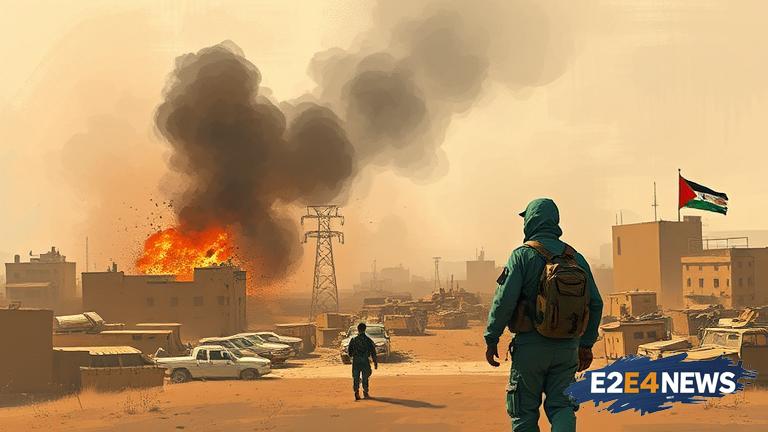The Israeli government has announced a pause in military operations in three designated areas of the Gaza Strip, marking a significant, albeit temporary, halt in the ongoing conflict. This move is largely seen as a response to mounting international pressure and growing concerns over the deteriorating humanitarian situation, particularly the escalating hunger crisis among the civilian population. The pause is intended to facilitate the delivery of essential aid and supplies to affected areas, where thousands have been displaced and are in dire need of assistance. As the conflict continues, the international community has voiced strong concerns over the impact on civilians, including the rising risk of starvation and the lack of access to basic necessities like food, water, and medical care. The humanitarian pause, while welcomed by many as a step towards alleviating suffering, also raises questions about its effectiveness and the challenges in implementing such measures in active conflict zones. Despite the pause, the overall situation remains volatile, with both sides expressing deep-seated mistrust and skepticism about the intentions of the other. The conflict has also sparked widespread protests and demonstrations globally, with many calling for an immediate and lasting ceasefire. In the midst of these developments, the role of international diplomacy has come under scrutiny, with many world leaders urging for a peaceful resolution and an end to hostilities. The economic impact of the conflict is also beginning to manifest, with trade and commerce in the region facing significant disruptions. As the world watches the situation unfold, there is a growing consensus on the need for a comprehensive and sustainable peace agreement that addresses the underlying issues driving the conflict. Meanwhile, on the ground, humanitarian workers and local communities are racing against time to provide aid and support to those most affected, often under extremely challenging and dangerous conditions. The psychological toll of the conflict on civilians, especially children, is also a pressing concern, with reports of trauma and stress-related disorders on the rise. In response, mental health support services are being mobilized as part of the humanitarian response. Despite these efforts, the path to peace and stability in the region remains fraught with obstacles, including deep political divisions and historical grievances. The international community’s response to the crisis will be critical in the coming days and weeks, as efforts to broker a lasting peace and ensure the protection of civilians continue. In the broader context, the conflict highlights the complexities and challenges of resolving long-standing disputes and the importance of sustained diplomatic engagement. As the situation evolves, one thing is clear: the need for a peaceful and equitable solution that respects the rights and dignity of all parties involved is more urgent than ever. The humanitarian pause, while a positive step, is only the beginning of what will likely be a long and difficult journey towards peace. In conclusion, the conflict in Gaza serves as a stark reminder of the devastating consequences of war and the imperative of working towards peace, justice, and human rights for all. The coming days will be crucial in determining the trajectory of the conflict and the future of the region. With the world’s attention focused on the crisis, there is hope that the international community can come together to support a peaceful resolution and an end to the suffering of innocent civilians. The role of media and public opinion in shaping the response to the conflict will also be significant, as will the actions of governments and international organizations in the days and weeks ahead.
